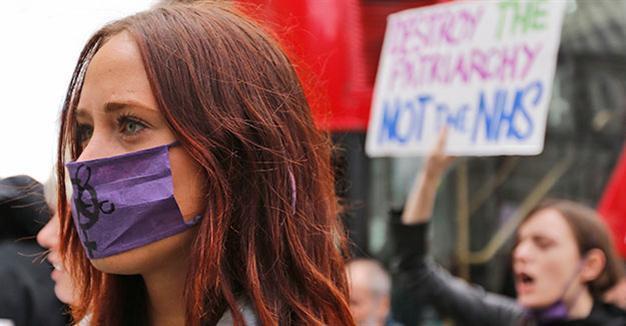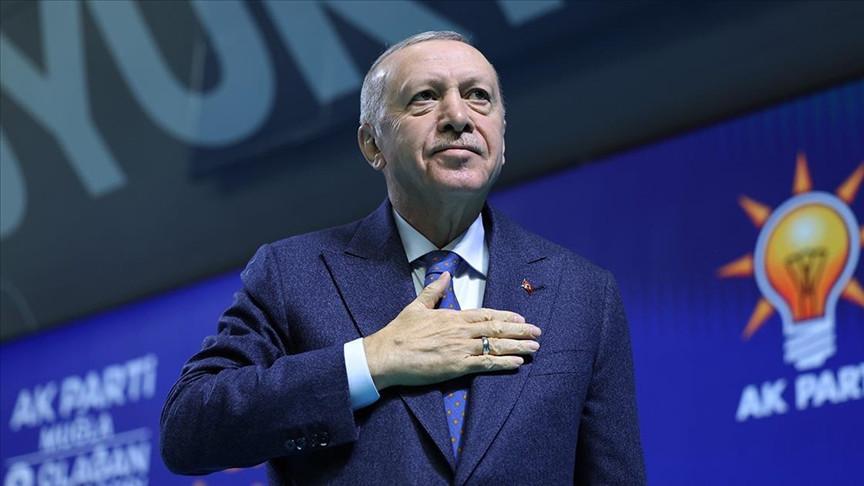English doctors stage fourth strike in bitter dispute
LONDON - Agence France-Presse

Protestors demonstrate during a 48hrs junior doctor's strike in London, April 6, 2016 - AP photo
Junior doctors in English hospitals went on strike again on April 6, withdrawing all but emergency care in their fourth walk-out in a bitter dispute with the government over working conditions.More than 5,000 procedures and operations in the state-run National Health Service (NHS) have been postponed as a result of the 48-hour action, which began at 0700 GMT.
The Department of Health condemned the strike as "irresponsible and disproportionate", noting that almost 25,000 operations have now been cancelled due to walk-outs since January.
Johann Malawana, chairman of the junior doctors committee at the British Medical Association (BMA) union, said it "deeply regrets" the disruption but had "no choice".
A new contract imposed by the government "would be bad for the delivery of patient care in the long term", he said, urging ministers to return to the negotiating table.
If no agreement is reached, the BMA intends to stage a full strike on April 26 and 27, when junior doctors will refuse to provide even emergency care.
The strike action involves recently-qualified doctors, mostly in their twenties and thirties, who are working towards becoming either consultants or community-based general practitioners.
The government has said it would impose new terms in August to force an end to nearly three years of negotiations intended to provide a more consistent level of care throughout the week.
Prime Minister David Cameron's centre-right government has promised to create a "seven-day NHS", where weekend care is similar to that delivered between April 4 and April 8.
Officials say the new contract will increase doctors' basic pay and limit working long days and nights, but the BMA disputes this and has launched a legal challenge.
Opinion polls have shown the majority of the public back the doctors, while the Patient Association advocacy group also offered its tacit support for the latest strike.
"Doctors have a very real concern that the imposed terms will stretch the existing resource too thinly and will threaten the quality of patient care," said Katherine Murphy, chief executive of the association.
The dispute comes as the NHS, which provides taxpayer-funded healthcare free at the point of use, faces serious financial challenges.
Although the service was protected from government-wide spending cuts, experts warn funding has failed to keep up with increased demand and treatment costs.
"The NHS is working at or very close to its limits and patient care will suffer unless more resources are found," the King's Fund health charity warned last month.
















